Britain & Ireland 1745-1901
The relationship between Britain and Ireland is explored here across a number of articles. Particular themes assessing and exploring social reform on matters such as housing, industrial change and emerging civil rights are included here. Key individuals from the world of politics, science and women’s rights are also examined in detail.
Sort by:
Date (Newest first) | Title A-Z
Show:
All |
Articles |
Podcasts |
Multipage Articles
-
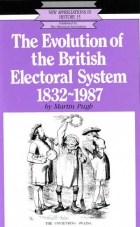
The Evolution of the British Electoral System 1832-1987
ArticleClick to view -

The Great Exhibition
ArticleClick to view -
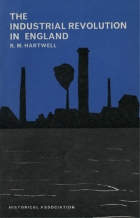
The Industrial Revolution in England
ArticleClick to view -
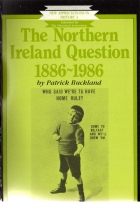
The Northern Ireland Question 1886-1986
ArticleClick to view -
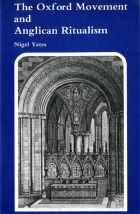
The Oxford Movement and Anglican Ritualism
ArticleClick to view -

The Pennsylvanian Origins of British Abolitionism
ArticleClick to view -
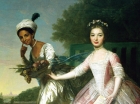
The Power of Context: using a visual source
ArticleClick to view -
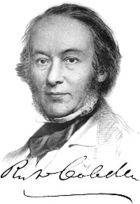
The Reformed Electoral System in Great Britain, 1832-1914
ArticleClick to view -
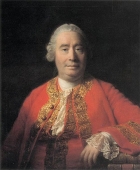
The Scottish Enlightenment
ArticleClick to view -

The Slave trade and British Abolition, 1787-1807
ArticleClick to view -
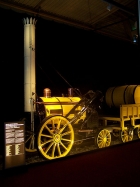
The Transport Revolution 1750-1830
ArticleClick to view -
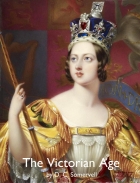
The Victorian Age
ArticleClick to view -
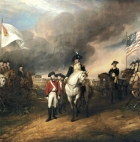
The effect of the loss of the American Colonies upon British Policy
ArticleClick to view -

The first trans-Atlantic hero? General James Wolfe and British North America
ArticleClick to view -

Thomas Muir and the 'Scottish Martyrs' of the 1790s
ArticleClick to view -

Towards Reform in 1809
ArticleClick to view -

Triumphs Show 176: Using material culture as a means to generate an enquiry on the British Empire
ArticleClick to view -

Understanding Slavery
ArticleClick to view -
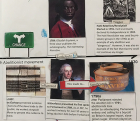
Unravelling the complexity of the causes of British abolition with Year 8
ArticleClick to view -

Using an anthology of substantial sources at GCSE
ArticleClick to view

